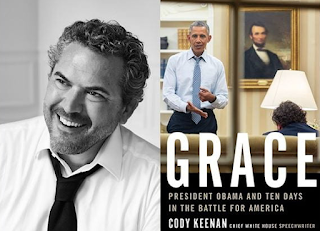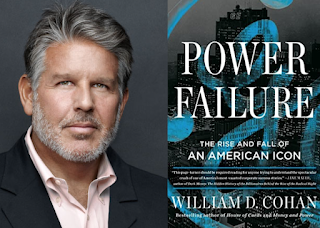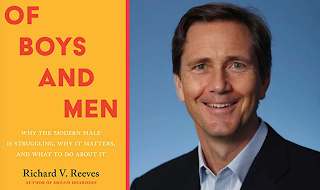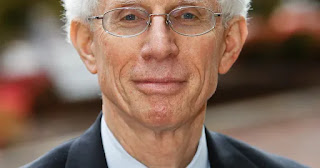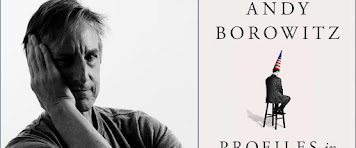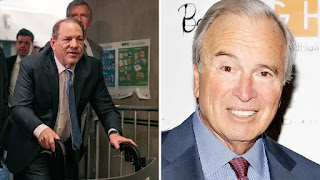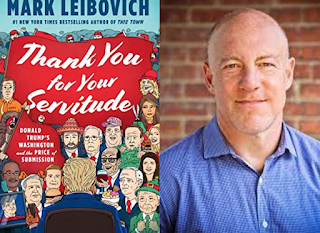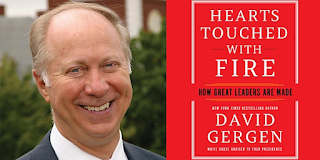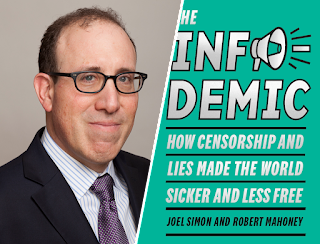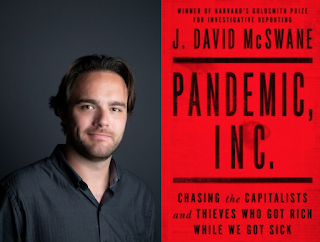Herbert Hoover said that “the business of America is business.” And for decades no business better defined that than General Electric. An industrial titan, everything about it, from credit to jet engines, from x-ray machines to lighting the nation, to bringing entertainment to the masses, defined the broad shoulders of American business and American capitalism.
As might be expected, its executives also lived a good life. Like an episode of Succession, there were multiple private jets, cars always at the ready, and offices that make today's tech offices look provincial. There was the office staff waiting to fulfill every executive whim, and CEOs like Jack Welch and Jeffrey Immelt became household names and were seen on the covers of Fortune and BusinessWeek.
Today, after 130 years GE, like many companies of its time, has all but disappeared. Like so many corporate icons of that era, Polaroid, Kodak, Dow, and US Steel, we were led to believe that “creative destruction” took them down; that Clayton Christensen's Innovator's Dilemma had caught up with them.
But sometimes we discovered in hindsight that it was simply bad management, bad decisions, hubris, and the idle worship of what William James called the bitch goddess success that turned its ugly gaze on the company. This story, a cautionary tale about management men and money, is the story that best-selling author
William Cohan tells in his latest book,
Power Failure: The and Fall of An American Icon.My conversation with William Cohan:




